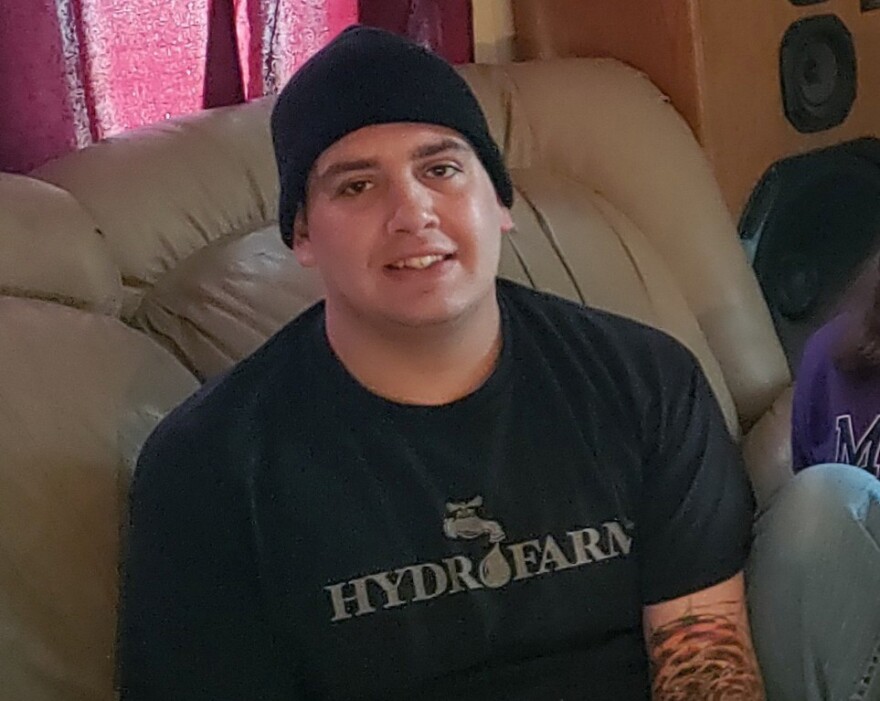The case of a Poland man, charged with murdering his brother on Thanksgiving, has become the focus of legislation to improve access to mental health treatment in Maine. Supporters say the case illustrates why more psychiatric beds are needed. But critics say that could lead to more institutionalization with poor outcomes.
One of the bill's supporters is Yaicha Provencher. She's the former girlfriend of Justin Butterfield — the man who's charged with murdering his brother last Thanksgiving. Provencher was among several of Butterfield's friends who tried in vain to get him long term hospital treatment for schizophrenia, fearing he would harm someone. She told lawmakers on the Health and Human Services Committee Friday that Maine needs more psychiatric beds.
"We need to stop being reactive and start bring proactive," she said." It is quite literally the difference between life and death."
The bill Provencher supports would direct the state to apply for a federal waiver that lifts a 16-bed cap at mental health facilities. The cap is intended to prevent widespread institutionalization of people with mental illness. But Laurie Turley, who has family members with mental illness, said institutionalization is still a problem - it's just shifted to a different setting because treatment is unavailable.
"If you think sitting in a prison cell is not involuntary, then please rethink that," Turley said.
But adding more beds is not the answer, said Simonne Maline, the executive director of the Consumer Council System of Maine.
"Why are we concerned about the IMD waiver?" asked Maline. "It is because if you build it, they will come."
Meaning, when beds are added they will be filled. Other opponents of the bill, including Mark Joyce of Disability Rights Maine, said there's no statewide database for daily psychiatric bed capacity. He questioned whether there truly is a lack of psychiatric beds in the state.
"The reason I'm saying that is that in 2020, the Department has said that there's 500 licensed psychiatric beds, many of them unfilled," Joyce said.
But the waiver could offer a compromise, according to some who support the bill. Jeff Austin of the Maine Hospital Association said the state has flexibility in how it would use federal funds from the waiver, which could be invested in community-level mental health care.
"It starts a conversation," Austin said. "It doesn't finish it."
Some lawmakers on the committee, including Democratic Representative Colleen Madigan, sought to find a bridge between supporters and opponents. She asked if the waiver could be used to both boost psychiatric beds and bolster community treatment.
"I guess I'm frustrated that we get into this inpatient or community based, and instead we're immobilized," Madigan said.
The committee said it will try to come up with a unifying version of the bill when it holds a work session. Ten states, including Vermont, currently have a federal waiver that lifts the 16 bed cap for psychiatric beds. Another seven states have pending applications.



